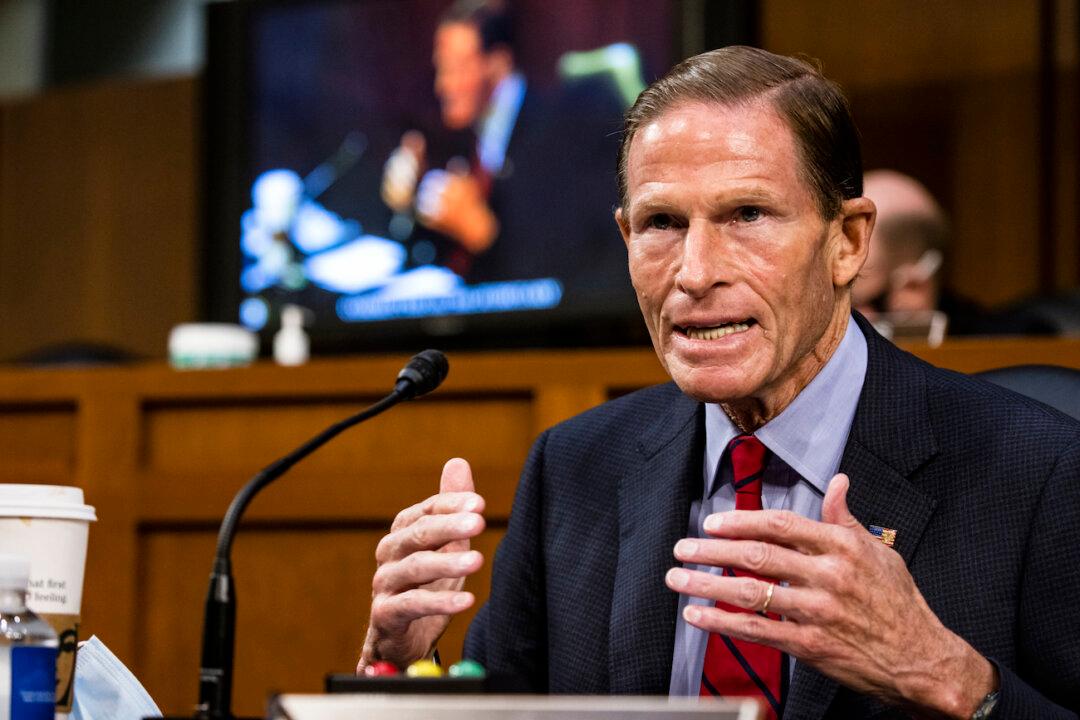Sen. Richard Blumenthal (D-Conn.) and Rep. Ro Khanna (D-Calif.) on Oct. 11 introduced legislation that would ban arms sales to Saudi Arabia for a year.
Saudi Arabia, long one of the best allies of the United States in the otherwise turbulent and hostile region, has faced attacks by Democrats recently due to a decision by the Organization of Petroleum Exporting Countries plus Russia (OPEC+) to cut oil production sharply.





